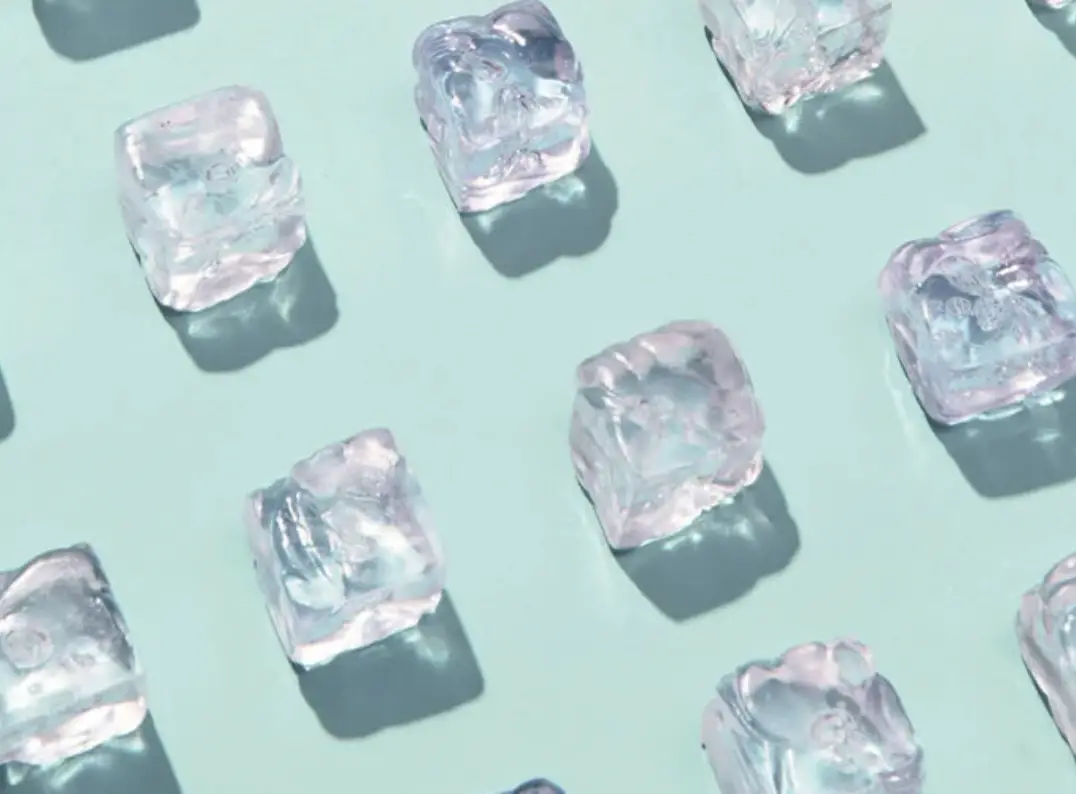Ice, the frozen wonder of nature, has been enchanting us for centuries. From ice cubes in our drinks to vast frozen landscapes, ice serves both practical and aesthetic purposes. But have you ever wondered how long it takes for water to transform into solid ice? In this blog post, we’ll explore the fascinating process of ice formation and understand the factors that influence the time it takes for water to freeze.
Understanding the Freezing Process:
Freezing is the phase transition in which a substance changes from its liquid state to a solid state due to a decrease in temperature. In the case of water, when the temperature drops below its freezing point of 0 degrees Celsius (32 degrees Fahrenheit), the water molecules slow down and arrange themselves into a crystalline structure, forming ice.
Factors Affecting Freezing Time:
Several factors influence the time it takes for water to freeze:
1. Temperature: The colder the environment, the faster the freezing process. Water exposed to lower temperatures will freeze more quickly than water at slightly above freezing point.
2. Volume and Depth of Water: The volume and depth of the water being frozen play a role in the freezing time. Larger volumes or deeper containers of water will take longer to freeze compared to smaller amounts or shallow trays.
3. Agitation: Stirring or agitating the water can speed up the freezing process. By breaking up the water molecules and exposing them to the cold air, you increase the chances of ice formation.
4. Container Material: The material of the container holding the water can influence the freezing time. Containers made of metal or other conductive materials can help transfer heat more efficiently, resulting in faster freezing.
5. Insulation: Insulating the water can slow down the freezing process. For example, water inside a well-insulated container will take longer to freeze than water exposed to the open air.
6. Impurities and Additives: Water with impurities or additives may have a different freezing point, causing it to freeze faster or slower than pure water. For instance, adding salt to water lowers its freezing point, which is why salt is used to de-ice roads in winter.
Average Freezing Time:
Under standard conditions (water at room temperature, typical freezer temperature of around -18 degrees Celsius or 0 degrees Fahrenheit), a small ice cube tray filled with water will generally take about 3 to 4 hours to freeze completely. However, this can vary depending on the factors mentioned above.
Fun Ice Fact:
Ever heard the saying “watched pot never boils”? The same concept applies to freezing water. Constantly checking on your water as it freezes won’t speed up the process. In fact, opening the freezer or disturbing the water can slow down the freezing time due to heat exchange with the surrounding air.
Conclusion:
The process of water freezing into ice is a captivating transformation that we encounter in our everyday lives. From the time it takes to make ice cubes for our beverages to the mesmerizing beauty of frozen lakes and icicles, ice formation continues to intrigue and inspire us. So, the next time you see water turning into ice, take a moment to appreciate the magic of nature’s freezing process and the scientific wonders behind it.
